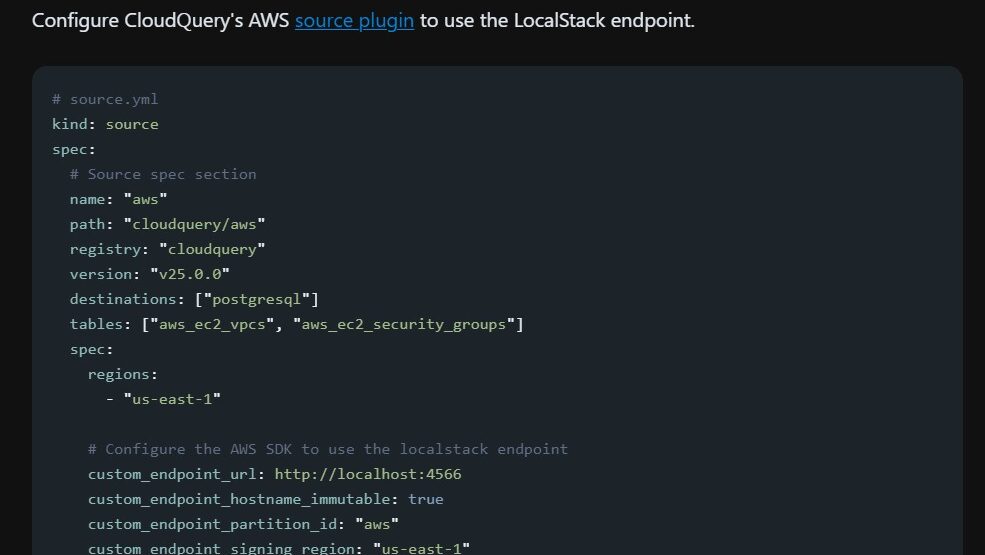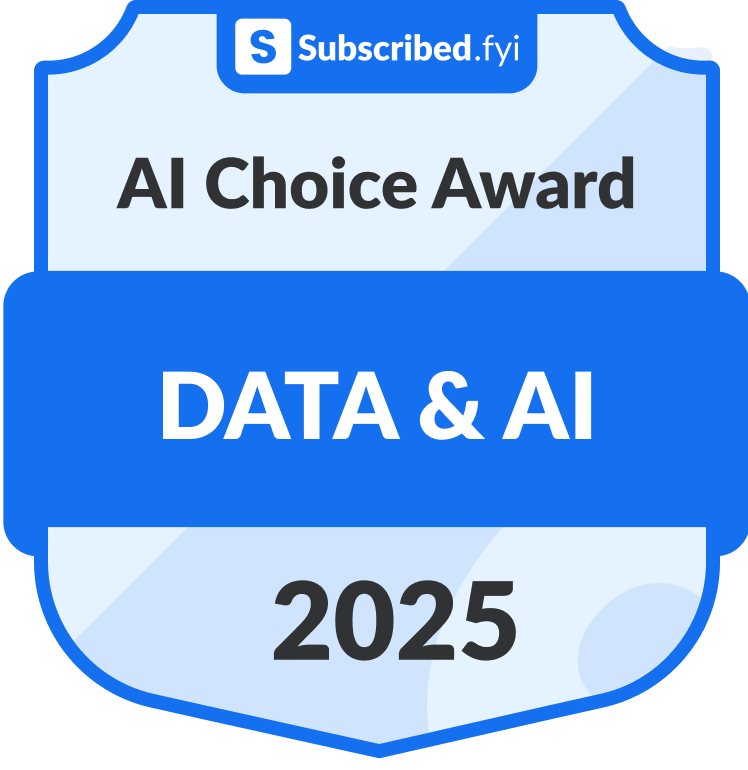CloudQuery, a leader in the Web Development & Design category, transcends traditional data integration tools by offering an open-source platform that simplifies connecting data sources, transforming data, and extracting insights. Move beyond limitations and harness your data’s potential for informed decision-making and growth. Explore exclusive deals. For more options, consider Amazon Web Services, and Tableau
Why Choose CloudQuery?
Struggling with fragmented data, complex integrations, and limited data visualization capabilities? CloudQuery offers a compelling solution:
- Open-Source Platform: Enjoy the benefits of an open-source platform, fostering transparency, community support, and continuous development.
- Wide Range of Data Sources: Connect to hundreds of data sources, including databases, APIs, cloud storage, and more, to consolidate your data in one central location.
- Intuitive Transformations: Easily transform, clean, and enrich your data with a user-friendly interface and pre-built functions.
- Visualizations and Dashboards: Gain valuable insights from your data through interactive visualizations and customizable dashboards.
- Self-Hosted or Cloud-Based: Choose the deployment option that best suits your needs, self-hosting for greater control or cloud-based for scalability and ease of use.
- Active Community: Benefit from a supportive and active community of developers and users, offering valuable resources and assistance.
Who is CloudQuery For?
CloudQuery empowers businesses of all sizes and technical backgrounds:
- Data Analysts and Engineers: Leverage CloudQuery’s powerful features to automate data pipelines, build complex transformations, and unlock hidden insights.
- Business Analysts and Decision-Makers: Gain access to clean, transformed data through intuitive visualizations and dashboards, making data-driven decisions easier than ever.
- Developers and IT Professionals: Utilize CloudQuery’s open-source codebase to customize and extend its functionality to meet specific needs.
- Small and Medium Businesses: Enjoy an affordable and feature-rich solution to integrate data, gain insights, and optimize operations.
- Startups and Growing Businesses: Scale your data infrastructure efficiently with a cost-effective and flexible platform.
CloudQuery stands out as a leader in the open-source data integration space. Its commitment to an open-source model, wide data source connectivity, intuitive transformations, rich visualizations, and flexible deployment options makes it an attractive choice for businesses seeking to ditch the data complexities, unlock the power of their data, and make informed decisions that drive success.





























